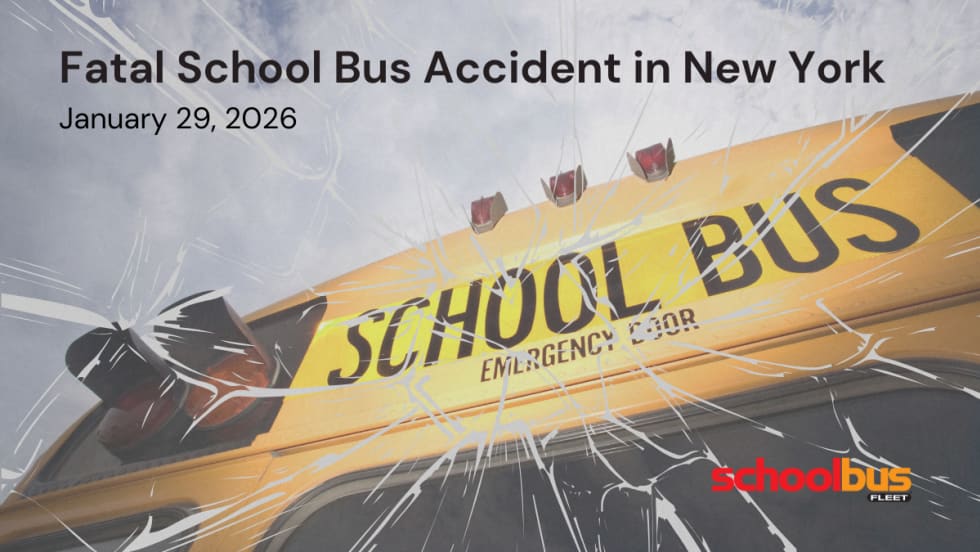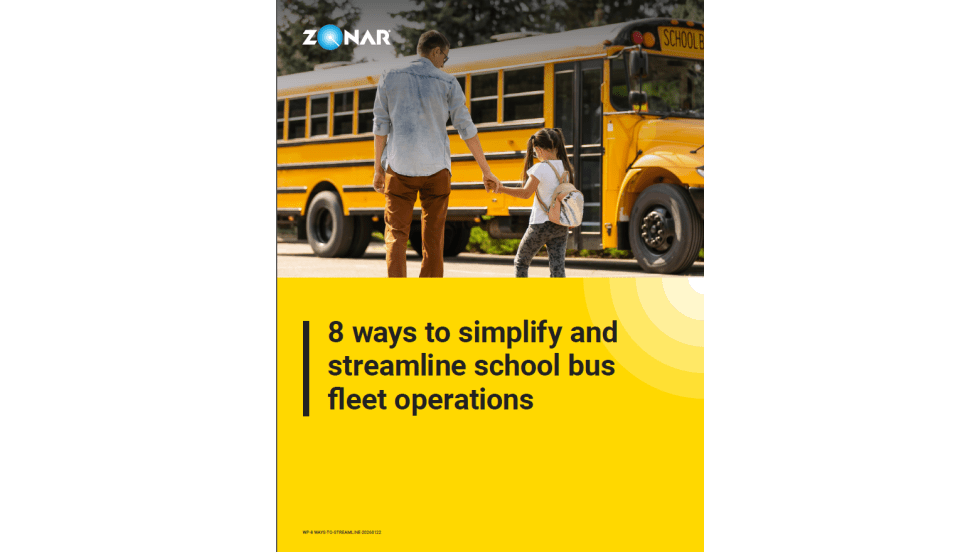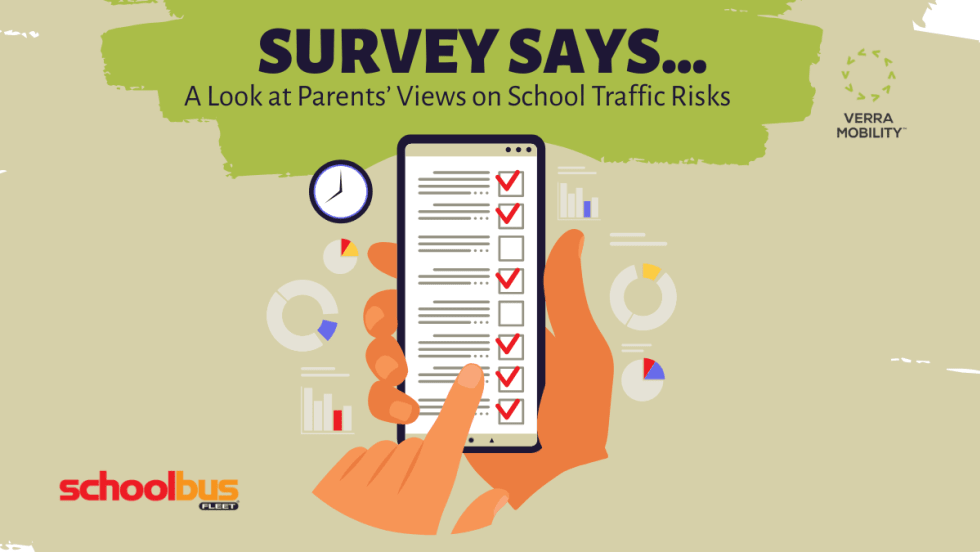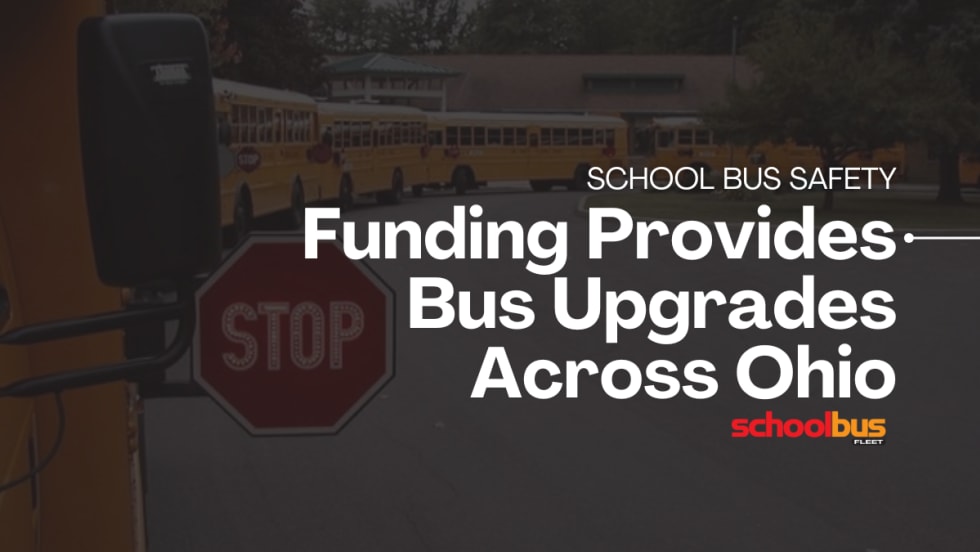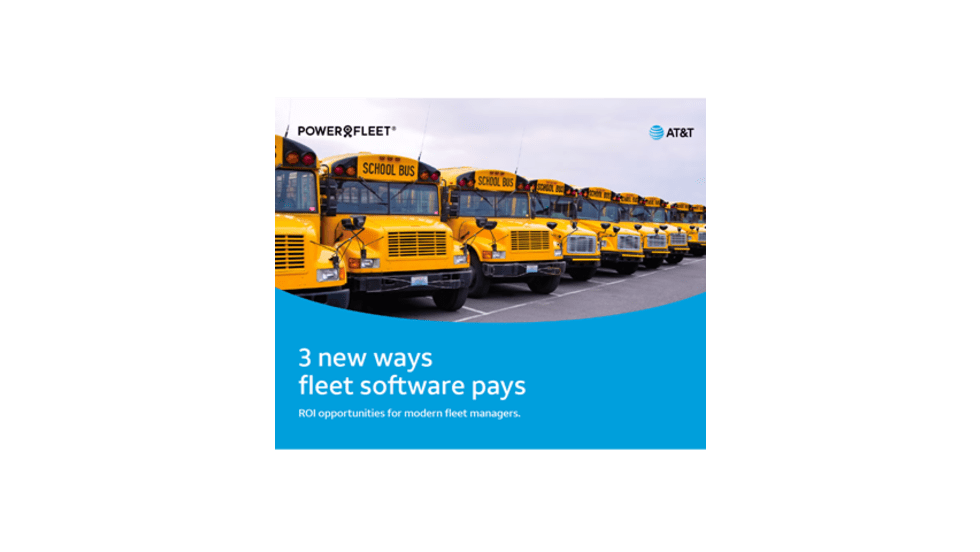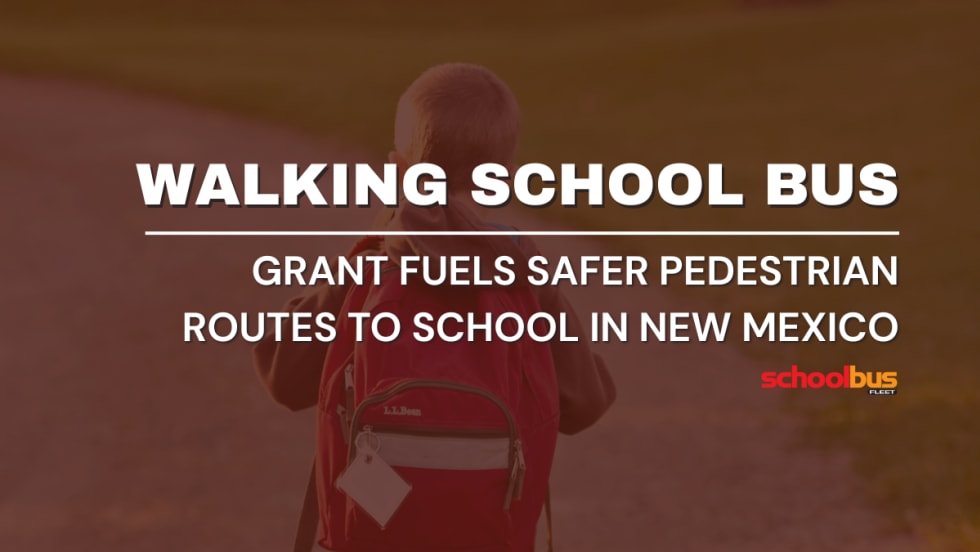The National Association of State Directors of Pupil Transportation Services (NASDPTS) has relaunched its annual illegal-passing survey after a two-year hiatus caused by the COVID-19 pandemic.
“School buses remain the safest way for students to get to and from school, and while we know that student riders are most vulnerable when they are outside the bus and in the ‘danger zone,’ we also know much has changed during the pandemic with respect to student and motorist behavior,” NASDPTS Executive Director Ronna Weber said in a memo to members. “Because of these changes, having a current measurement of illegal passings of stopped school buses has never been more important.”
The survey, which aggregates data about illegal-passing incidents from public and contracted school bus drivers throughout the United States, opened on March 9 and closes on May 27. To encourage participation, NASDPTS is making scholarships for registration and/or travel costs to its annual meeting available only to those state directors whose states help with this survey and the annual Kansas Department of Education Loading/Unloading Fatalities Survey.
“In a handful of states, collection of data by state agencies is discouraged or prohibited,” Weber told members. “If you are in such a state, we encourage you to reach out to your state student transportation association for help in coordinating the survey.”
Data for each state or its local school districts will be collected at this link. NASDPTS offers a web page with instructions for launching the survey.
“Since the advent of the survey, we have seen state initiatives to improve motorist education about school bus stopping laws,” Weber said. “We have also seen changes in state legislatures to increase penalties, improve enforcement, and authorize the use of photo evidence to issue citations. This survey data has been instrumental in documenting a continuing need for greater safety countermeasures at the state and national level, including the commitment by the National Highway Traffic Safety Administration (NHTSA) to conduct a targeted national safety campaign.”





